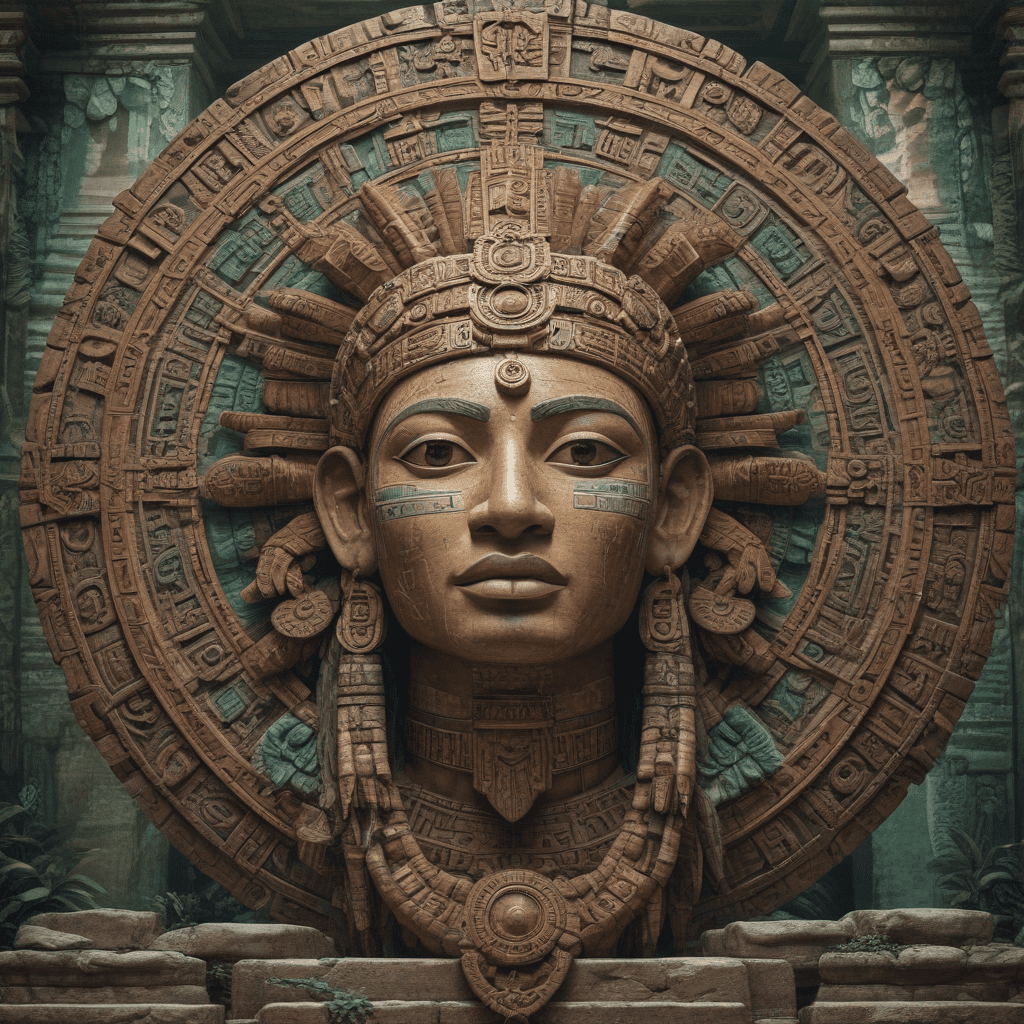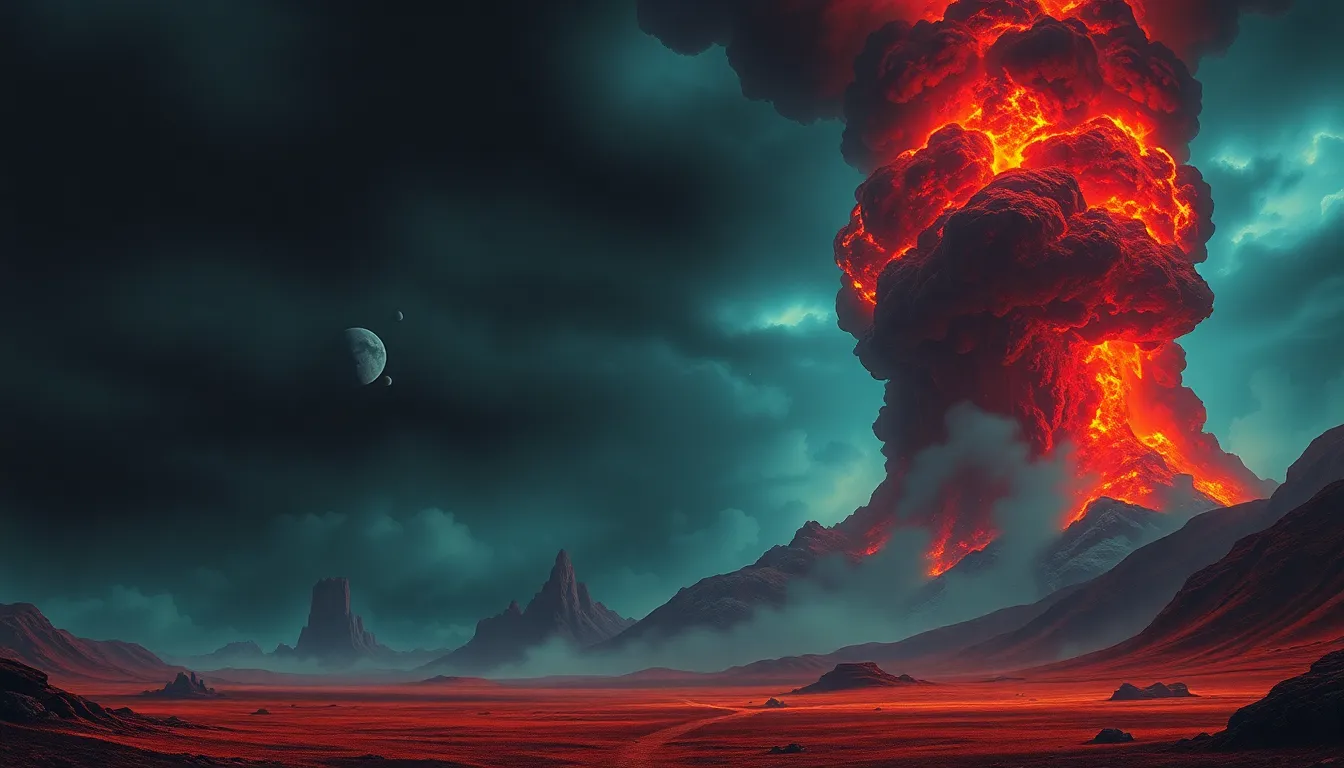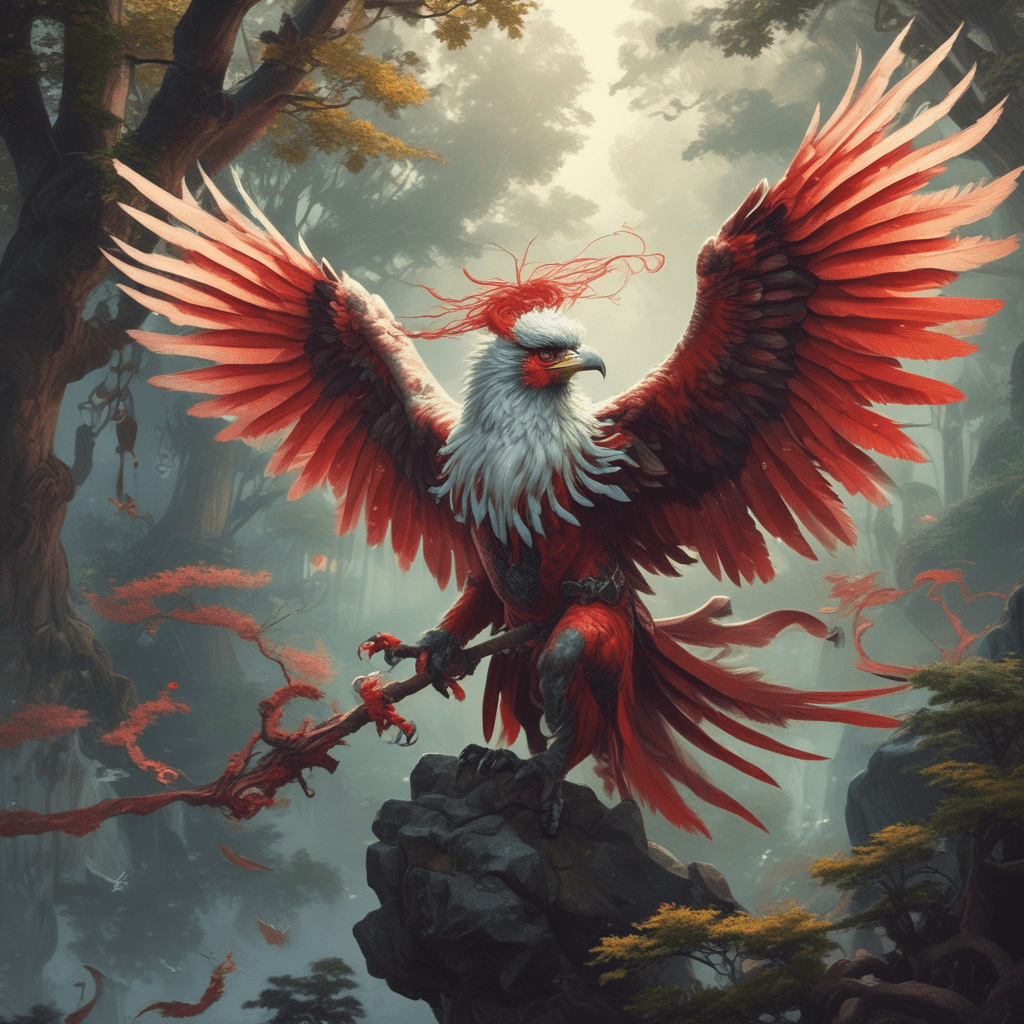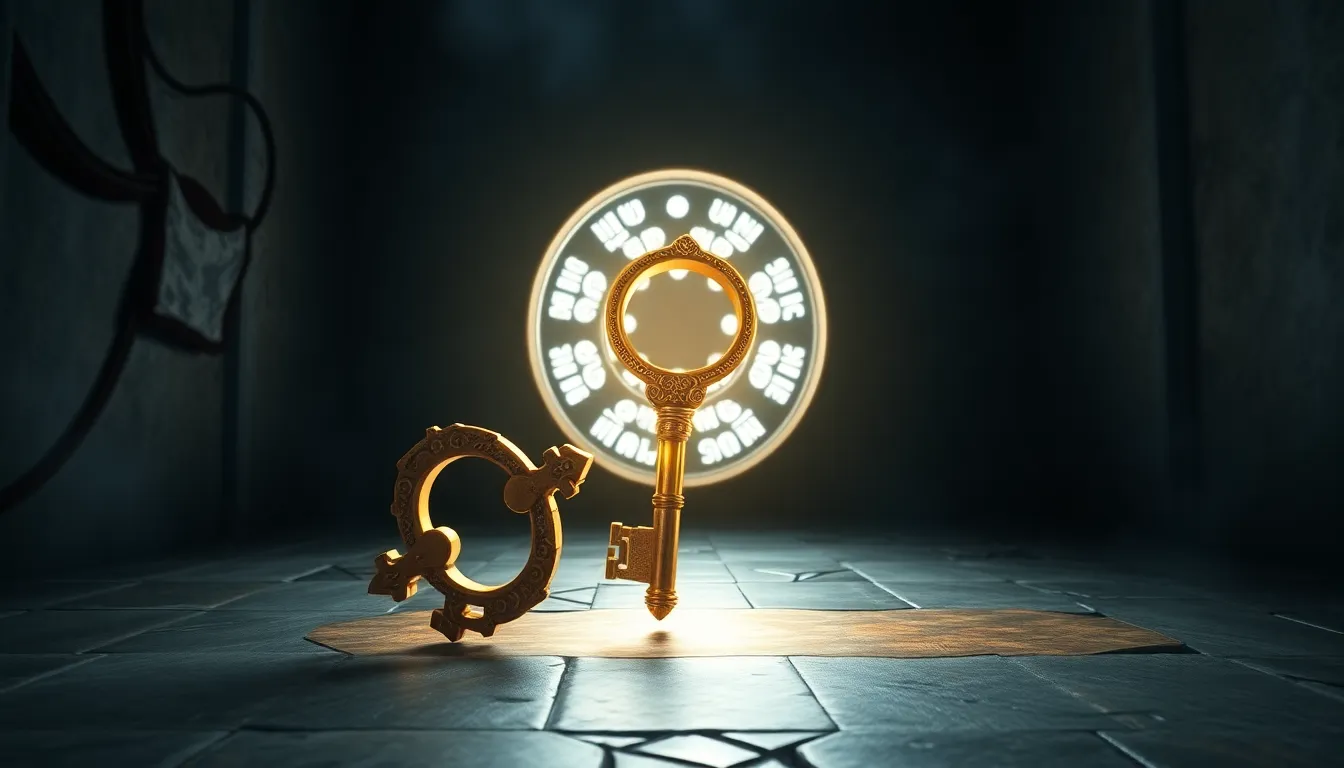1. Introduction
The ancient Mayan civilization, once flourishing in Central America, left behind a rich legacy of mythology and cultural practices that continue to resonate with people today. In recent decades, there has been a growing interest in Mayan mythology, with its captivating stories, intricate cosmology, and profound wisdom finding new relevance in modern society. This article explores the resurgence and revival of Mayan mythology, examining its historical context, contemporary expressions, and potential impact on the world today.
2. The Allure of Mayan Mythology
Mayan mythology holds a unique allure for many people due to several factors. Firstly, it boasts a complex and fascinating cosmology, featuring a diverse pantheon of deities representing various aspects of nature, human life, and the cosmos. From the powerful creator god Itzamna to the benevolent maize god Yum Kaax, these deities played intricate roles in the Mayan worldview, shaping their understanding of the universe and their place within it.
3. The Historical Context of Mayan Mythology
To fully grasp the resurgence of Mayan mythology in modern society, it's crucial to understand its historical context. The Mayan civilization reached its peak between 250 and 900 AD, leaving behind impressive cities, sophisticated writing systems, and a wealth of knowledge about astronomy, mathematics, and agriculture. However, with the arrival of Spanish conquistadors in the 16th century, the Mayan civilization faced suppression and cultural destruction. Colonial forces actively sought to eradicate Mayan beliefs and practices, leading to a significant loss of knowledge and cultural heritage.
6. Challenges and Opportunities
The resurgence of Mayan mythology presents both challenges and opportunities. One key challenge is combating cultural appropriation and misrepresentation. It's essential to engage with Mayan myths and traditions respectfully, acknowledging their cultural significance and avoiding exploitation or trivialization. Additionally, ensuring respectful and authentic engagement requires collaboration with Mayan communities and scholars, ensuring their voices and perspectives are central to the conversation. This can foster cross-cultural understanding and dialogue, promoting meaningful exchange and collaboration rather than one-sided appropriation.
7. Conclusion: The Enduring Legacy of Mayan Mythology
The resurgence of Mayan mythology in modern society signifies its enduring relevance and profound impact. As we grapple with questions of identity, meaning, and connection in a globalized world, Mayan myths offer valuable insights and inspiration. Their stories remind us of the interconnectedness of humanity and nature, the cyclical patterns of creation and destruction, and the importance of finding balance and harmony in our lives. By embracing the wisdom of Mayan mythology, we can deepen our understanding of ourselves, our place in the universe, and the rich tapestry of human experience.
FAQs
What are some examples of the resurgence of Mayan mythology in popular culture?
Examples include the blockbuster movie Apocalypto, video games like Uncharted: Lost Legacy, and the television series Mayans M.C.
How can I learn more about Mayan mythology?
Numerous resources are available, including books, documentaries, online articles, and museum exhibits. It's recommended to consult sources created in collaboration with Mayan communities or scholars to ensure accuracy and respectful representation.
Can I visit Mayan archaeological sites?
Yes, several Mayan archaeological sites are open to the public, offering an immersive experience to explore the remnants of their ancient cities and learn about their history and culture.
How can I support the preservation of Mayan cultural heritage?
You can support organizations dedicated to protecting Mayan archaeological sites, promoting cultural education initiatives, or advocating for the rights of Indigenous communities in Central America.



